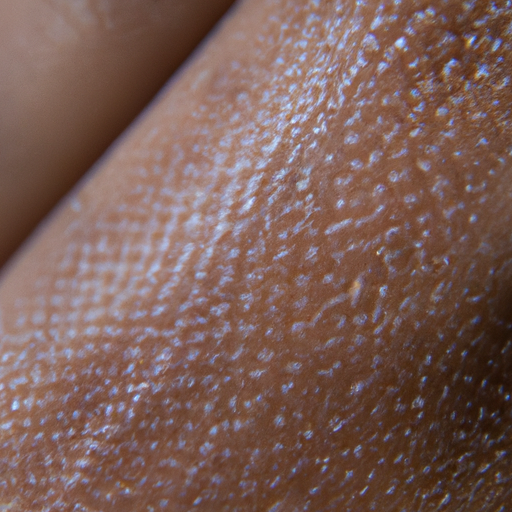As a dermatologist, I have encountered countless patients who are battling the discomfort and frustration of dry skin. This condition can be caused by a variety of factors, from environmental conditions to underlying health issues. However, there are several tried-and-true methods that can help soothe and hydrate your skin, restoring its natural glow and health. Here, I will unveil some dermatologists’ secrets to effectively combat dry skin.
The first step in treating dry skin is understanding its causes. Dry skin can be a result of low humidity levels, harsh soaps or detergents, hot showers, aging, or certain medical conditions like eczema or psoriasis. Once you identify the possible cause, you can tailor your skincare routine accordingly.
Hydration is the key to combatting dry skin. This starts from within. Consuming an adequate amount of water daily is crucial for maintaining your skin’s moisture balance. Incorporating foods rich in omega-3 fatty acids, such as fish and flaxseeds, can also help improve your skin’s ability to retain moisture.
When it comes to topical treatments, choose your products wisely. Opt for gentle, fragrance-free cleansers instead of harsh soaps that can strip your skin of its natural oils. After cleansing, immediately apply a moisturizer to lock in hydration. Look for products containing ingredients like hyaluronic acid and ceramides, which are known for their hydrating properties.
One of the lesser-known secrets in dermatology is the importance of exfoliation in treating dry skin. While it may seem counterintuitive, removing the layer of dead skin cells can actually help your skin absorb moisturizers more effectively. However, it’s important to use a gentle exfoliator and not to overdo it, as this can lead to irritation.
Another secret weapon against dry skin is the use of a humidifier. This can be especially beneficial during winter months when indoor heating systems can dry out the air in your home. By increasing the moisture levels in your environment, you can help prevent your skin from drying out.
Sun protection is another crucial element in maintaining healthy skin. Even in winter months, UV rays can cause damage and dryness to your skin. Always apply a broad-spectrum sunscreen with an SPF of at least 30, even on cloudy days.
Lastly, don’t overlook the importance of a good night’s sleep. During sleep, your skin goes into repair mode, healing and rejuvenating itself. Ensuring you get enough quality sleep can help improve your skin’s overall health and appearance.
In some cases, dry skin could be a symptom of an underlying medical condition. If your skin doesn’t improve despite your best efforts, or if it becomes red, inflamed, or excessively itchy, it’s important to seek professional help. As dermatologists, we can assess your skin condition and recommend appropriate treatments or refer you to a specialist if necessary.
In conclusion, soothing dry skin involves a combination of internal hydration, careful product selection, gentle exfoliation, environmental control, sun protection, and adequate rest. Remember, every person’s skin is unique, and what works for one person may not work for another. It’s always best to consult with a dermatologist to develop a skincare routine that’s tailored to your specific needs and concerns.



